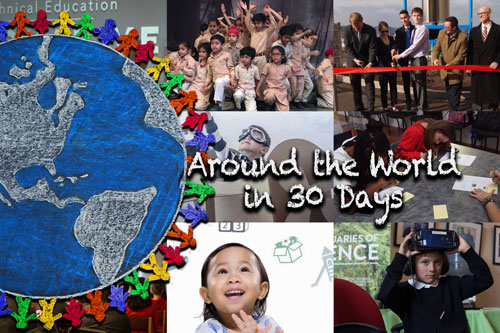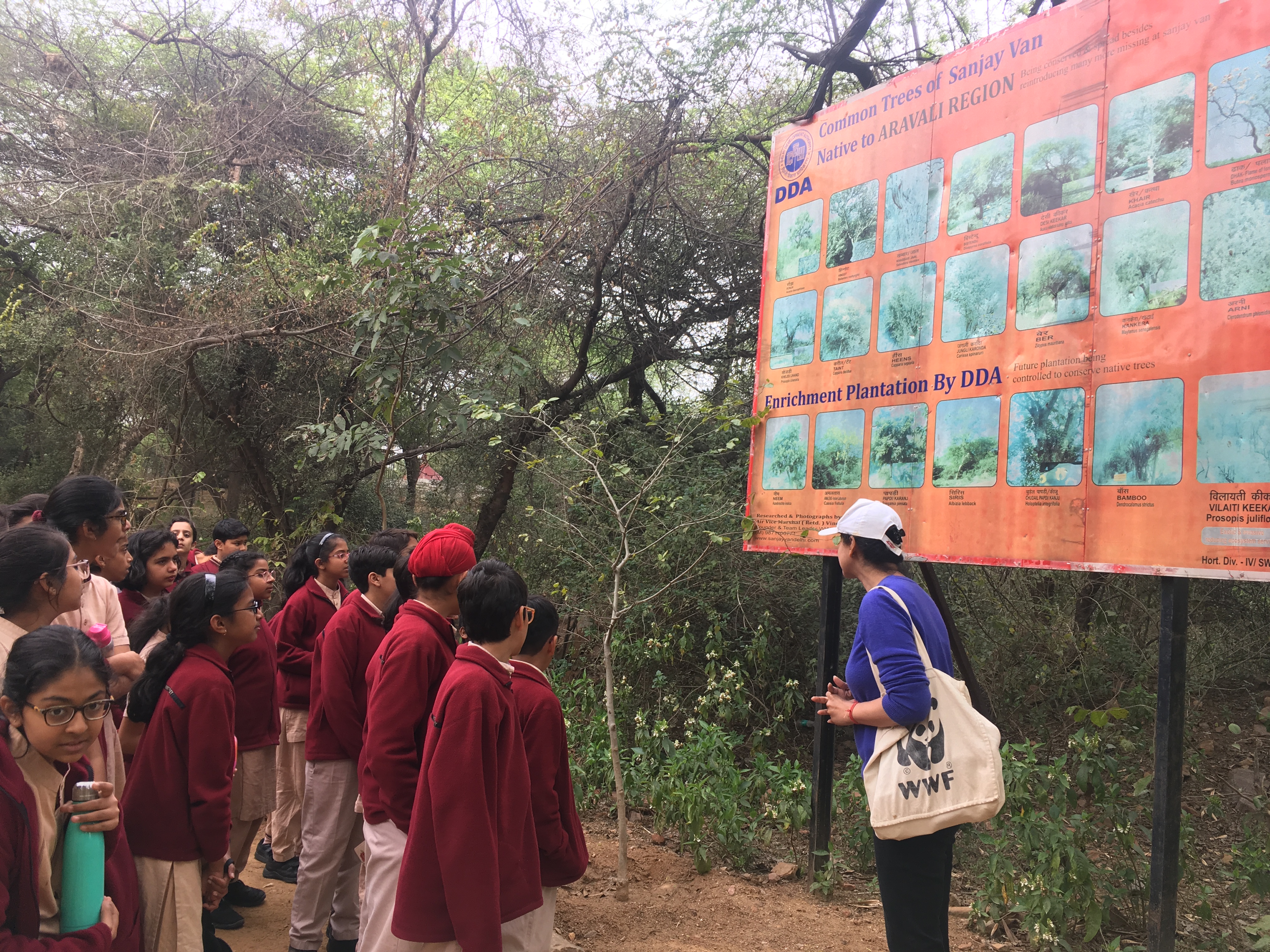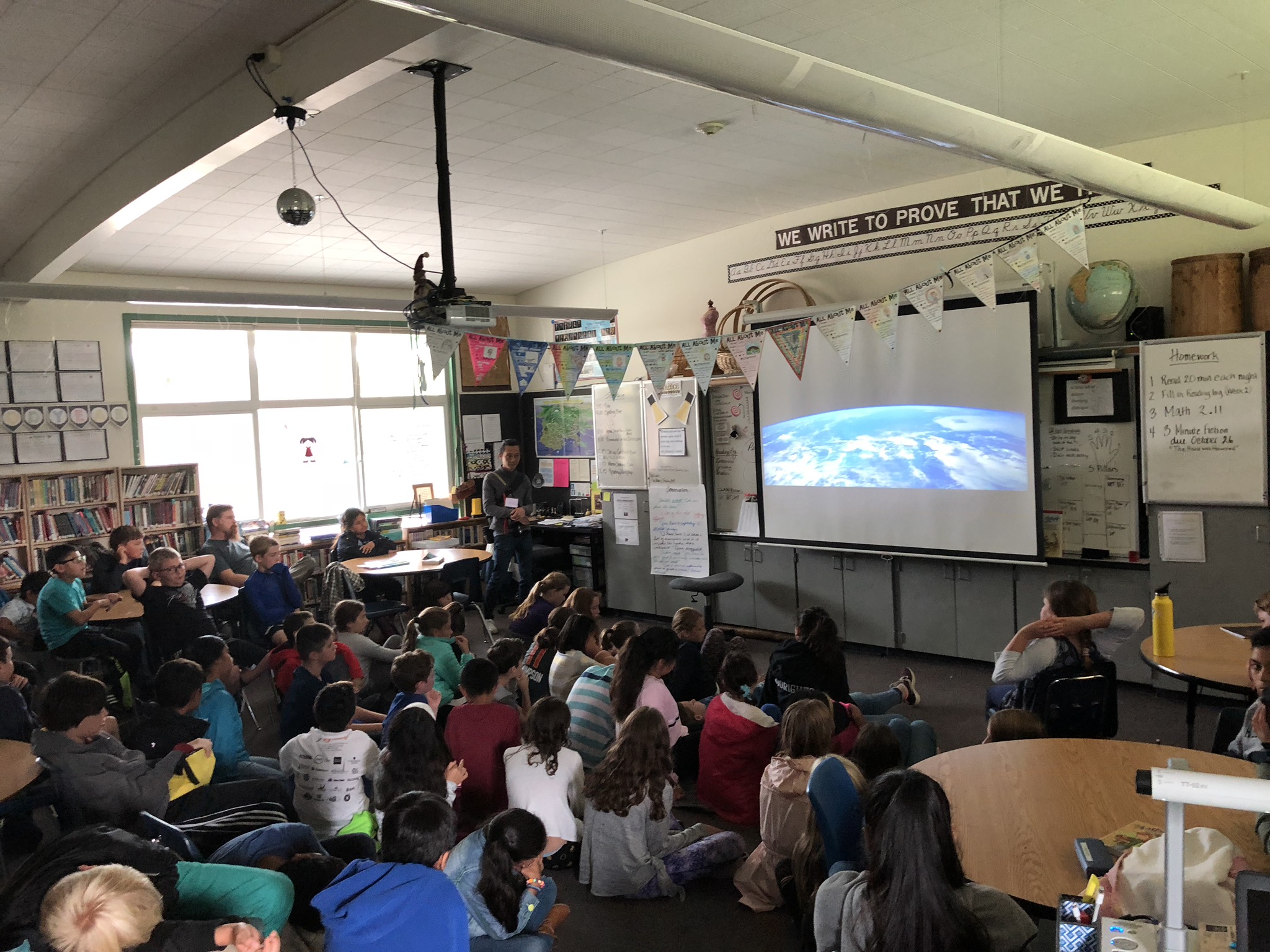C.M. Rubin World’s Global Education Report
Stories bring us together, and since 2006, The Global Oneness Project has focused on storytelling about global cultures as a tool to help students better understand their world. The Project produces documentary films which are told through the voices of individuals and communities. It puts “a human face to global issues,” explains Executive Director Cleary Vaughan-Lee. Learning about these cross-cultural experiences teach students to “question the world” while “reflecting on their own perspectives and lives.” Cleary Vaughan-Lee joined us in the Global Search for Education to talk about the growth of immersive storytelling as a global learning tool.
When you give students real-world challenges with real-world organizations, everyone can benefit. The Global Search for Education welcomed Norton Gusky, the Creator of Design Challenges, this month. Gusky connects schools with businesses and non-profits to research and explore solutions to real-world problems. According to Gusky, the research on his 2017 – 2018 program indicates that 93% of those who participated found the program relevant and useful. He believes schools need to make the UN’s Sustainable Development goals part of every curriculum. He discussed the challenges presented to learners in his program, which have included “water management, sustainable energies, planning for green infrastructure (LEED certification), and sustainable food distribution systems.”
Christopher Williams featured in The Global Search for Education this month is the Co-founder of Chatta, a program he initially created for families of 2 and 3 year-old children to promote “interaction and storytelling.” The Chatta approach was developed based on research with thousands of children in hundreds of schools. The method caught on quickly and began having an impact not just in the early years, but in many other areas of learning. The approach links experiences or curriculum content together with images, “modeled language from teachers” and “oral rehearsal for pupils.” Teachers and parents create digital ‘talking postcards’ to support children’s communications. The impact is often powerful, enabling children of all ages to achieve rapid and sustained progress in their language development.
What future are we preparing young people for and how can schools prepare them to flourish? The Royal Academy, a residential school in Bhutan, has developed a holistic program to develop every learner in 5 key areas – Cerebral, Emotional, Physical, Social, and Spiritual. The creator of the program, Arun Kapur joined us in The Global Search for Education this month. Kapur says his inspiration for the program came from his belief that education needed to move youth from being “storehouses of knowledge to creators of new knowledge.” In an interconnected world, where “collaboration and peaceful co-existence are crucial to the continued existence of the human race,” the 5 areas of development need to work together to help students become “responsible citizens.”
Thank you to our 800 plus global contributors, teachers, entrepreneurs, researchers, business leaders, students and thought leaders from every domain for sharing your perspectives on the future of learning with The Global Search for Education each month.
C. M. Rubin (Cathy) is the Founder of CMRubinWorld, an online publishing company focused on the future of global learning and the co-founder of Planet Classroom. She is the author of three best-selling books and two widely read online series. Rubin received 3 Upton Sinclair Awards for “The Global Search for Education.” The series, which advocates for youth, was launched in 2010 and brings together distinguished thought leaders from around the world to explore the key education issues faced by nations.
Follow C. M. Rubin on Twitter: www.twitter.com/@cmrubinworld






Recent Comments